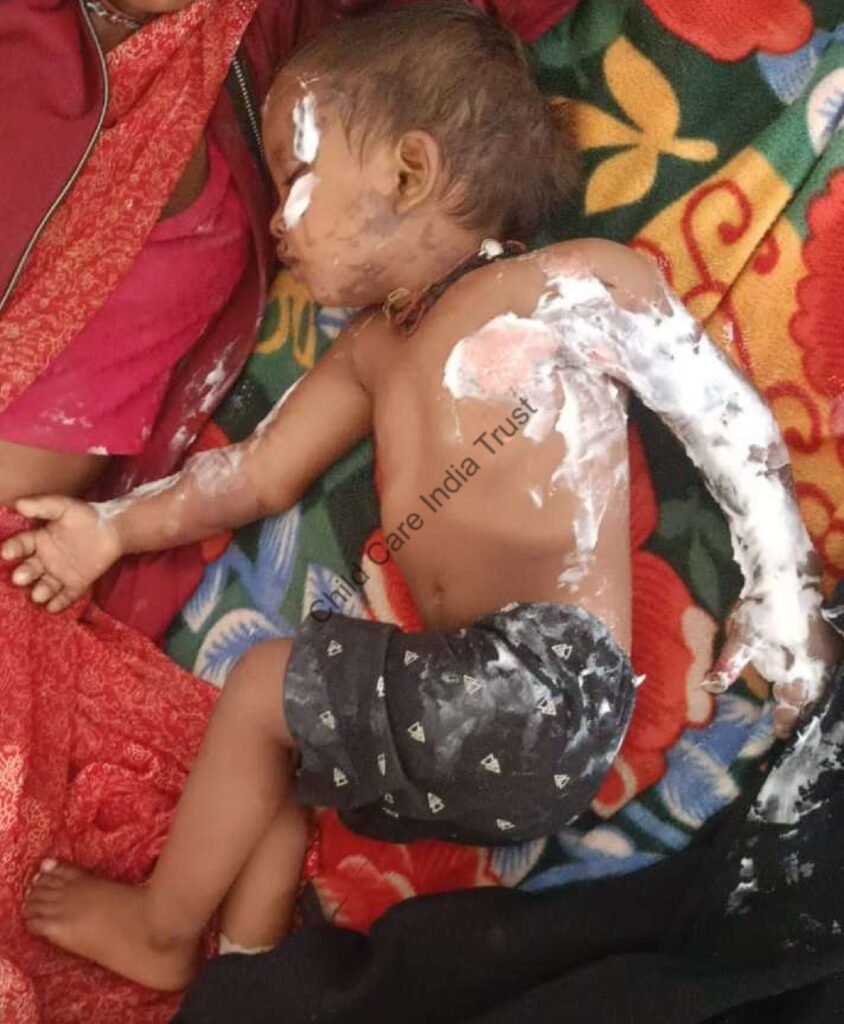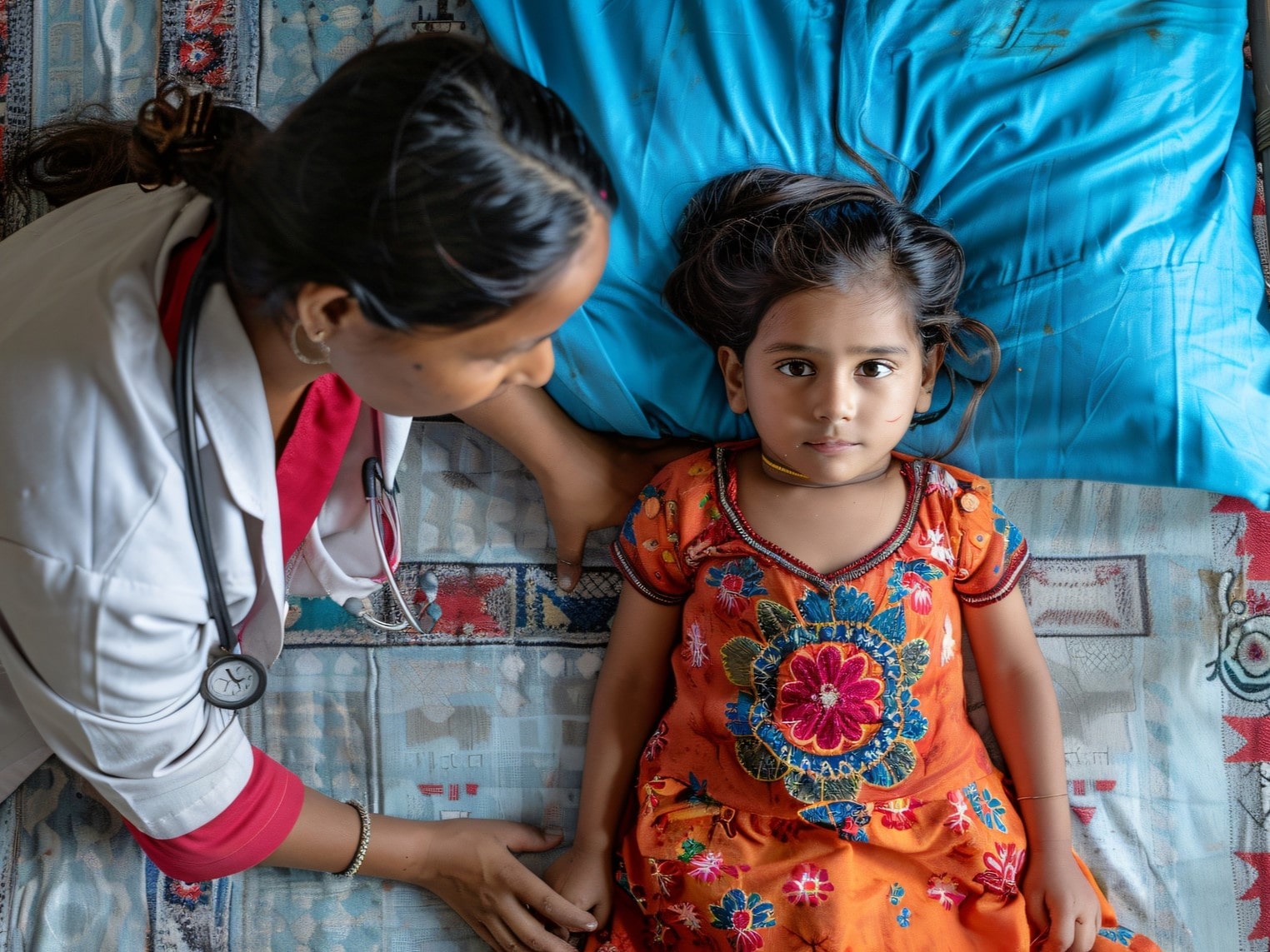Addressing the Impact of Poverty on Child Health
Child Health

Poverty is a pervasive issue that affects millions of children worldwide, with profound implications for their health and overall well-being. As we strive to create a healthier future for our youth, it’s crucial to understand how poverty impacts child health and explore actionable solutions to mitigate these effects, Addressing the Impact of Poverty on Child Health.
Understanding the Connection Between Poverty and Child Health
Children growing up in impoverished conditions face numerous challenges that can adversely affect their physical and mental health. Here are some key areas where poverty impacts child health:
- Malnutrition: Poor families often struggle to provide adequate, nutritious food. Malnutrition can lead to stunted growth, weakened immune systems, and a higher risk of chronic diseases. According to the World Health Organization, malnutrition is linked to nearly half of all deaths in children under five.
- Limited Access to Healthcare: Families in poverty may lack health insurance or the financial means to seek medical care. This can result in untreated illnesses, delayed vaccinations, and inadequate management of chronic conditions like asthma or diabetes.
- Poor Living Conditions: Many low-income families live in substandard housing, Addressing the Impact of Poverty on Child Health. which can expose children to hazardous environments. Issues like lead paint, mold, and inadequate heating can lead to respiratory problems and other health issues.
- Mental Health Challenges: The stress associated with poverty—such as financial instability, food insecurity, and unstable living conditions—can lead to mental health issues in children. Anxiety, depression, and behavioral problems are more prevalent among those living in poverty.
- Educational Barriers: Poverty can hinder educational opportunities, which are closely tied to health outcomes. Children who do not receive a quality education may not understand health information or lack the skills to make healthy choices. Addressing the Impact of Poverty on Child Health.
Strategies to Mitigate the Impact of Poverty on Child Health
Addressing the impact of poverty on child health requires a multi-faceted approach involving families, communities, and policymakers. Here are some strategies that can help: childcareindiatrust
- Increase Access to Nutritious Food: Implementing programs like food banks, community gardens, and school meal programs can help ensure that children receive the nutrition they need to grow and thrive.
- Expand Healthcare Services: Community health clinics that offer free or low-cost services can bridge the gap for uninsured families. Mobile health units can also reach underserved areas, providing essential medical care and education.
- Improve Housing Conditions: Governments and organizations can invest in affordable housing initiatives that prioritize safe, healthy living conditions for families. Addressing issues like lead exposure and ensuring access to clean water and sanitation is vital. Addressing the Impact of Poverty on Child Health.
- Promote Mental Health Awareness: Increasing awareness of mental health issues and providing accessible counseling services can support children struggling with the effects of poverty. Schools can play a significant role in identifying and addressing these challenges.
- Enhance Educational Opportunities: Investing in early childhood education and after-school programs can provide children with the resources they need to succeed academically. Programs that focus on health education can empower children to make informed decisions about their well-being, addressing the impact of poverty on child health.
- Advocate for Policy Change: Supporting policies that address the root causes of poverty—such as living wages, affordable healthcare, and social safety nets—can lead to lasting improvements in child health outcomes.
Conclusion
Addressing the impact of poverty on child health is not just a moral imperative; it’s essential for the well-being of our society as a whole. By understanding the challenges and implementing targeted strategies, we can create a healthier environment for all children, allowing them to reach their full potential. Together, we can break the cycle of poverty and ensure a brighter future for our most vulnerable population. Let’s work towards a world where every child has the opportunity to thrive, regardless of their circumstances.


